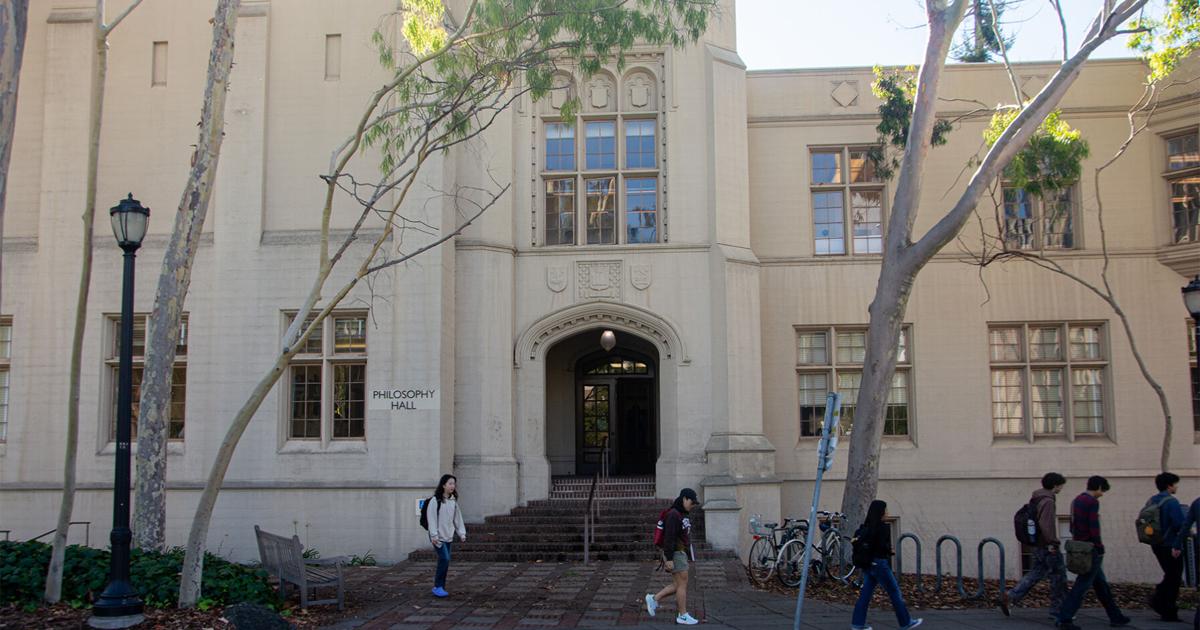UC Berkeley’s philosophy department is launching a new lecture series program titled the Sarah Douglas Lectures on Philosophy and Artificial Intelligence, which will focus on AI and its relationship to human cognition.
The program will introduce both a lecture series and a supporting symposium, aiming to engage the public on these topics. The initiative’s fellows will be philosophy professors Geoffrey Lee and Verónica Gómez Sánchez; the fellowship will rotate among faculty every three to four years. They will also be leading the symposium.
“The idea is to catalyze the ongoing conversation about the nature of both human and artificial minds,” Lee said in an email. “But the focus on AI is also about understanding ourselves better: the attempt to create artificial systems that replicate human psychological capacities has long been a way to better understand what it means for humans to have these properties.”
Lee and Gómez Sánchez were chosen as fellows for their expertise in the “best, most current methods of philosophical reflection” regarding AI and the human mind, according toAlva Noë, chair of the philosophy department.
The fellows were responsible for picking speakers for the lecture series — they chose philosopher David Chalmers for the first lecture, which will occur next May. These lectures will be held annually.
“I think that the more we talk about this new phenomenon, the more it will inform choices we make at a personal level and how we use AI in every aspect of our life,” Noë said.
The program received initial funding from Sarah Douglas, campus alumna and retired University of Oregon professor. Douglas wanted to create a space for public discussion about AI, not only for students but also for the larger Berkeley community.
Douglas said AI discussions are important and ethical to have, and she wants this lecture series to focus on questions such as whether a computer can think, whether that will ever be possible and the idea of consciousness.
“The thing about Berkeley, for me, was that it opened my mind up. I could talk about things that were not usually talked about,” Douglas said. “It wasn’t just like learning something specific but imagining big ideas. So I guess that’s what I’m hoping for.”
“AI bots (such as) ChatGPT are not going away,” Noë said.However, the goal of this initiative is not necessarily to impact campus policies, but instead to make people “realize that this technology is really philosophically loaded,” according to Noë.

